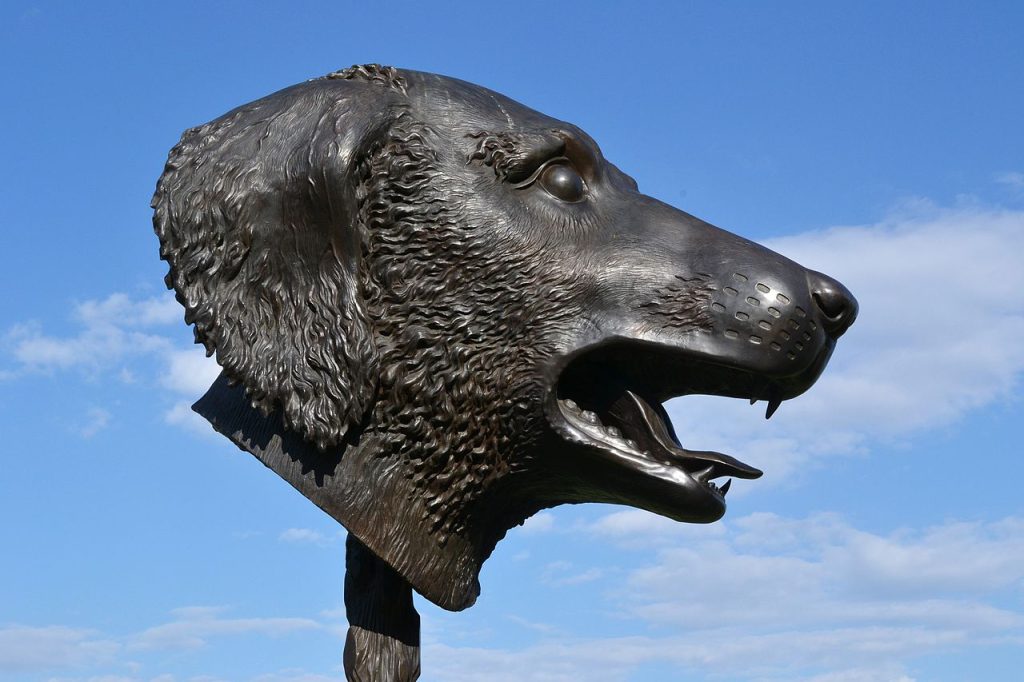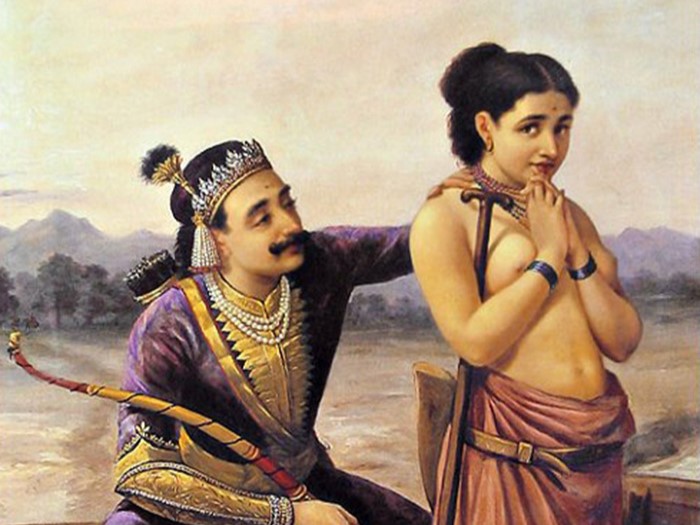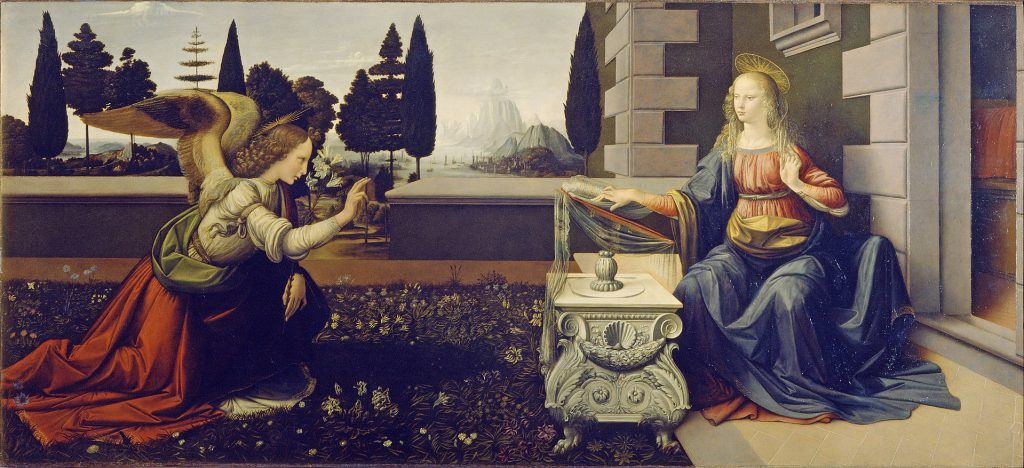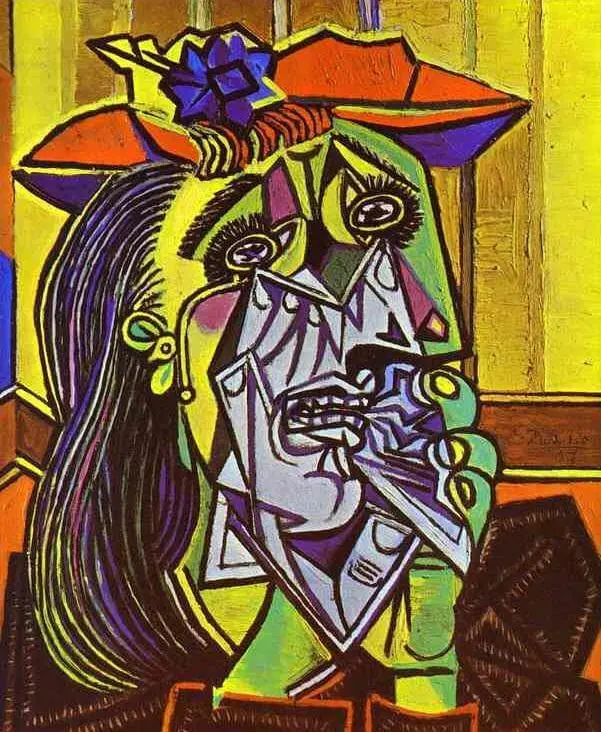“My definition of art has always been the same. It is about freedom of expression […] I don’t think anybody can separate art from politics. The intention to separate [the two] is itself a very political intention.”
-Ai Weiwei
Art has evolved into a nonviolent means of expressing emotions over time. One of the well-known conscious painters who uses his work to protest the oppressive policies of the communist regime in China is Ai Weiwei. Without using violence, art speaks for itself. Weiwei is a multifaceted artist who works in a variety of media. He works as a designer, furniture trader, photographer, filmmaker, and artist. According to the Ocula Art Advisory, he is most known for his criticism of the Chinese government.
Ai Weiwei was born on August 28, 1957, in Beijing, China, to Chinese poet Ai Qing. In his youth, Ai developed a keen interest in arts and enrolled at the ‘Beijing Film Academy’ to study animation. In 1978, he co-founded an “avant-garde” group named the ‘Stars.’ The group eventually disbanded in 1983. He painted the ‘Coca-Cola’ logo on a Han dynasty urn and used pieces from the Ming and Qing dynasties to form various configurations. During this time, he also published the books Black Cover Book’ (1994), ‘White Cover Book’ (1995), and ‘Gray Cover Book’ (1997).
Infusing political passion and personal poetry into his sculptures, pictures, and other public artworks, he frequently employs well-known and traditional Chinese art forms to critique a variety of modern political and social concerns in China. He frequently incorporates recycled materials—ancient ceramics and timber from demolished temples—into his sculptures as a conceptual move that links tradition with current societal issues. In addition, he uses irony, contrast, and repetition to recast the well-known with little effort while reviving the power and meaning of conventional pictures. Ai, a writer and curator, uses social media and a variety of artistic mediums to interact with a worldwide audience and include other artists in large-scale collaborative projects.
11 lesser-known facts about Ai Weiwei
- Remember the iconic Bird’s Nest Stadium from the Beijing Olympics in 2008? Ai Weiwei was the artistic consultant who designed it, before later speaking out against the Olympics. Bird’s Nest stadium wasn’t actually inspired by a bird’s nest Instead the Beijing National Stadium, created in association with Swiss architects Herzog & de Meuron, was inspired by the simple, woven baskets that Weiwei’s wife liked to pick up at antique markets.
- Ai Weiwei’s work is indelibly tied to the fight for free speech. He has consistently drawn attention to corruption and injustice in the Chinese government, most frequently with larger-than-life works that deliberately confront the viewer with their message.
- Ai Weiwei and his family were exiled to the edge of the Gobi Desert in 1958 when he was just one year old; his father, the painter and prominent poet Ai Qing was purged during the eradication of intellectuals during the Cultural Revolution.
- There is a celestial body named after Ai. Its technical name is 83598 Aiweiwei. The minor-planet-sized asteroid is in the main asteroid belt and was discovered on September 25, 2001.
- He helped design a pavilion for Serpentine Galleries.
- He never used a computer before 2005. It was revealed in the book Ai Weiwei’s Blog: Writings Interviews and Digital Rants, 2006-2009 that his first sit-down with one of the machines was in 2005.
- In a case relating to allegations that his company, Beijing Fake Cultural Development, evaded taxes, Ai sued the Chinese government in April 2012 for withholding evidence in the case.
- Ai Weiwei loves cats a lot. According to Art Matters, he lives with around 40 feline friendlies at his Beijing home and studio.
- Ai Weiwei released a 6 track album titled “The Divine Comedy” and he has published two singles on his YouTube Channel. The video for the first single, “Dumbass” is a dramatization of the artist’s arbitrary 81-day detention in 2011.
- Ai Weiwei’s name is a banned search term on Sina Weibo
- Ai Weiwei is a prolific documentary filmmaker. His most famous film is an investigation into the 2008 Sichuan earthquakes, titled Hua Lian Ba Er [Little Red Cheeks]. Another, Lao Ma Ti Hua [Disturbing the Peace] actually contains footage of his assault by Chinese police.





